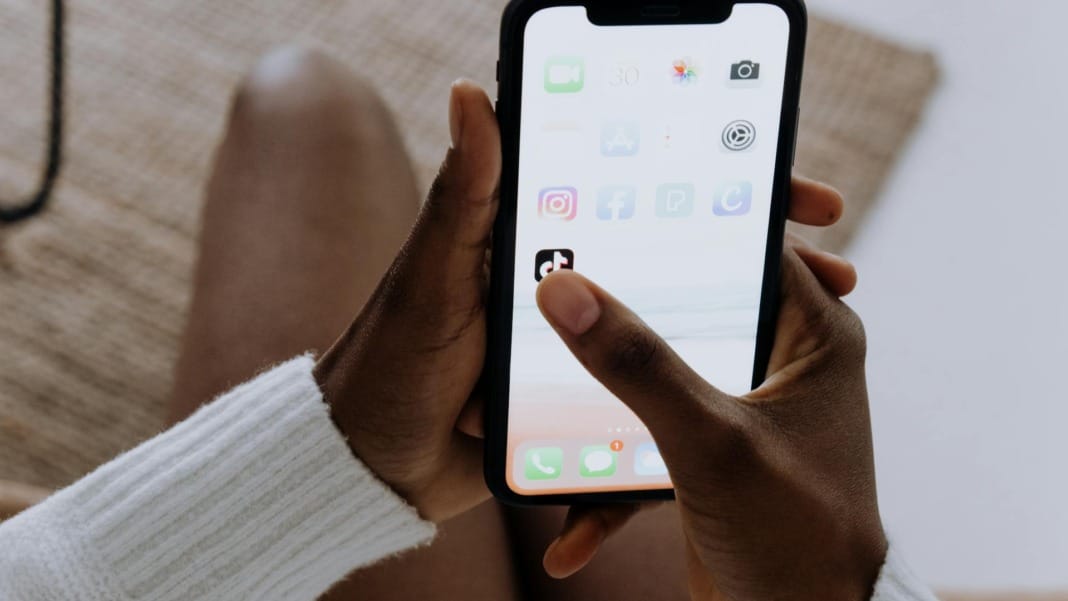In a significant development, the US House of Representatives has passed a bill that could lead to the ban of the widely popular app TikTok unless its parent company ByteDance divests. Dubbed the “Protecting Americans From Foreign Adversary Controlled Applications Act”, the bill was pushed forward with an overwhelming majority vote of 352 to 65 on Wednesday. However, before you think about saying your goodbyes to TikTok, it’s worth noting that the app isn’t going anywhere just yet. The bill now awaits consideration by the Senate, and President Biden has indicated he would sign it into law if it passes through.
A closer look at the legislative process
Despite the House’s decisive vote, TikTok remains accessible in the US. The bill’s journey is far from over, and several more hurdles must be cleared before becoming law. Senate Majority Leader Chuck Schumer has mentioned that he will consult with committee chairpersons to determine whether to bring the bill to a Senate vote. The outcome in the Senate is far from certain, and even if it passes there, it doesn’t automatically mean TikTok will be banned. The ultimate aim is to pressure ByteDance to sell TikTok to a US entity. Failure to comply would make distributing TikTok illegal in the US.
Criticism and support within the House have been vocal. Rep. Alexandria Ocasio-Cortez criticised the rushed process and lack of public debate on the bill’s implications. On the other side, proponents like Rep. Nancy Pelosi urged support, emphasising the bill’s goal to address national security concerns linked to foreign-owned apps like TikTok.
The broader implications and the fight for control
While targeting TikTok, the bill sets a precedent for how the US may deal with applications from countries it considers foreign adversaries. ByteDance would have 165 days to sell TikTok if the bill becomes law. Interestingly, reports have suggested that figures like ex-Activision Blizzard CEO Bobby Kotick are eyeing a purchase of the app.
The legislation would ban the distribution or updating of apps from companies like ByteDance and impose restrictions on internet hosting services that enable such apps. This move follows bipartisan concerns over the potential for foreign interference and data privacy issues associated with apps like TikTok. The FBI and FCC have previously raised alarms over ByteDance’s possible data sharing with the Chinese government, although evidence of such activity remains scant.
TikTok has not been passive in the face of these legislative efforts. The company has mobilised its user base to lobby against the ban, highlighting the significant impact such a decision would have on free speech and digital expression. The ACLU has also voiced opposition, stressing the importance of preserving Americans’ rights to free expression.
As the bill progresses to the Senate, its fate remains uncertain. Both Republican and Democratic senators have expressed reservations, particularly about the precedent of targeting specific companies by name. The coming weeks will be crucial in determining whether TikTok will remain a staple on American smartphones or if it will face restrictions that could alter the digital landscape.





